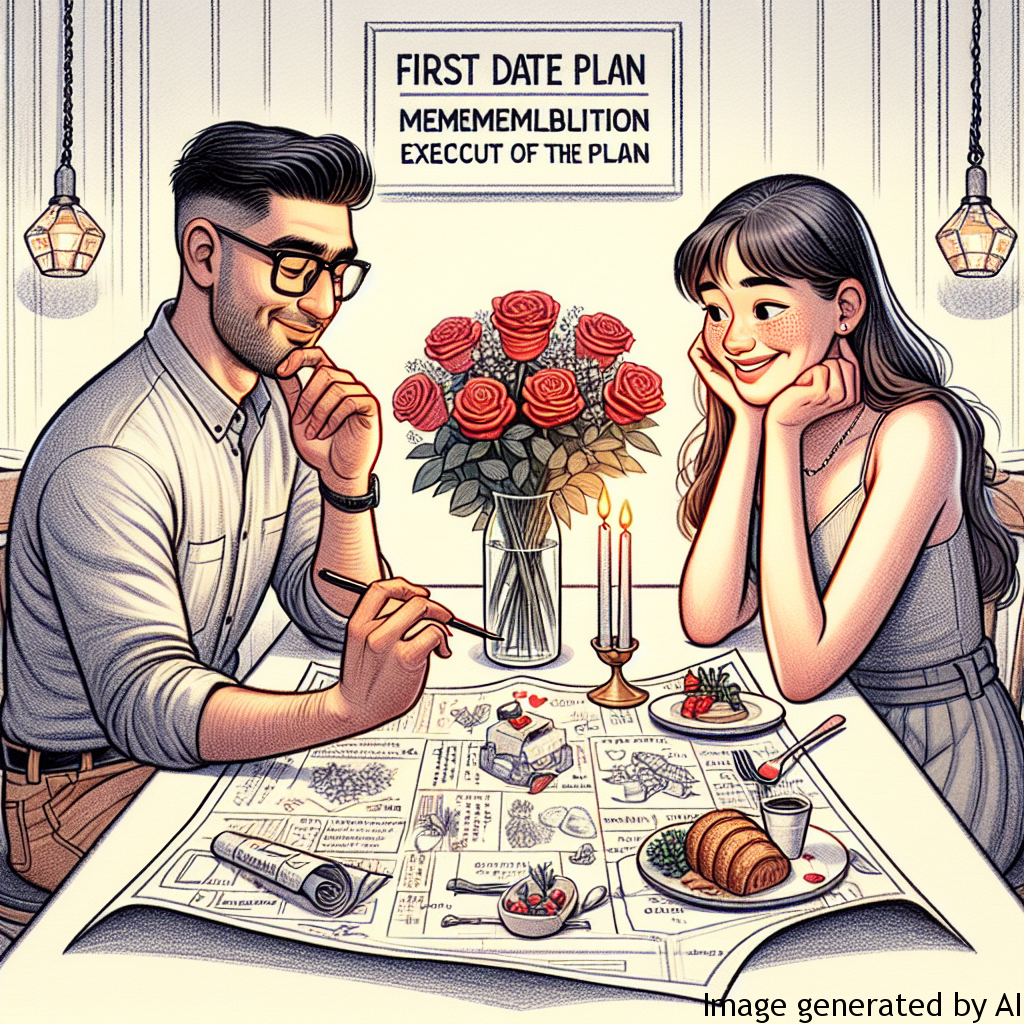Introduction
The first date is a crucial point in your relationship that can determine the path it will follow. It is a delicate balance of understanding and fulfilling certain expectations, while also maintaining authenticity. A key part of these expectations are the culturally ingrained gender roles, which have more profound effects on our behavior and psychology than we give them credit for. Let’s explore these aspects more deeply.
Gender Expectations and their Impact on Men’s Mental Health
The Burden of Initiation
Society conventionally expects men to make the first move, whether it be approaching someone, asking them out, proposing marriage, or other romantic pursuits. While some men may feel comfortable with this role, it can also lead to a significant amount of pressure and anxiety.
Fulfilling Expectations
Men can often feel a pressure to conform to traditional gender roles on dates: to be assertive, confident, and financially stable enough to pay for the date. The expectation of having to “perform” and be successful may lead to fears of rejection, underperformance and, in some cases, even depression.
Examples of How Gender Roles Can Affect Men’s Lives
One example might be a man who gets stressed over a first date because he has been unemployed for a while and fears he will not be able to afford an impressive date. Another might be a man with social anxiety, who worries about making the first move and rejection. Gender roles can also influence career choices, with societal expectations steering men towards more “masculine” professions and away from roles traditionally considered feminine.
Tips for Improving Mental Health Considering Gender Roles
First and foremost, it’s important for men to recognize societal pressures and understand that they are not alone in feeling this way. Open communication about struggles and insecurities can help create a supportive and understanding environment. Furthermore, mental health professionals can provide valuable insight and coping strategies for dealing with such pressures. Lastly, embracing a more flexible perspective on gender roles can lead to a healthier, more comprehensive understanding of oneself and one’s relationship with others.
Conclusion
Understanding and confronting the impact of gender roles on first dates and in relationships can be beneficial not only for individual’s psychological well-being, but also for the quality and depth of relationships. As society continues to evolve, so too should our perceptions of gender roles in dating, allowing for healthier and more honest expressions of ourselves and our feelings towards others.

